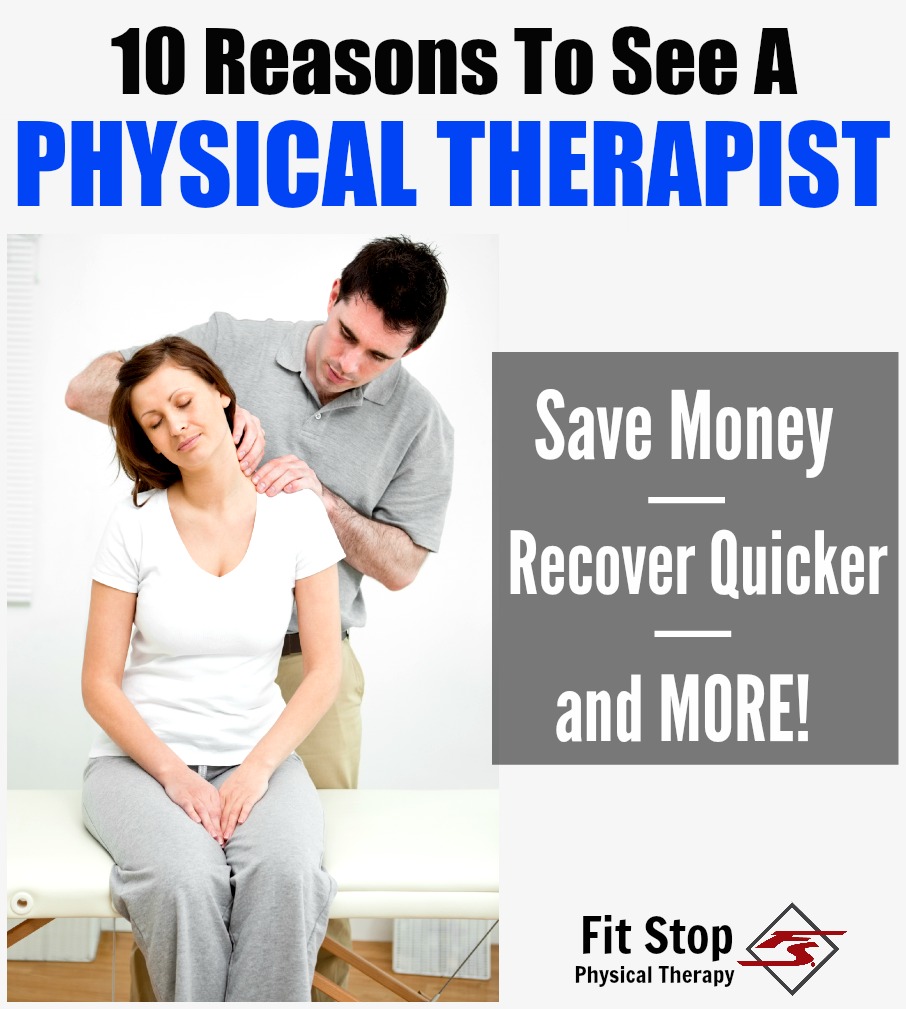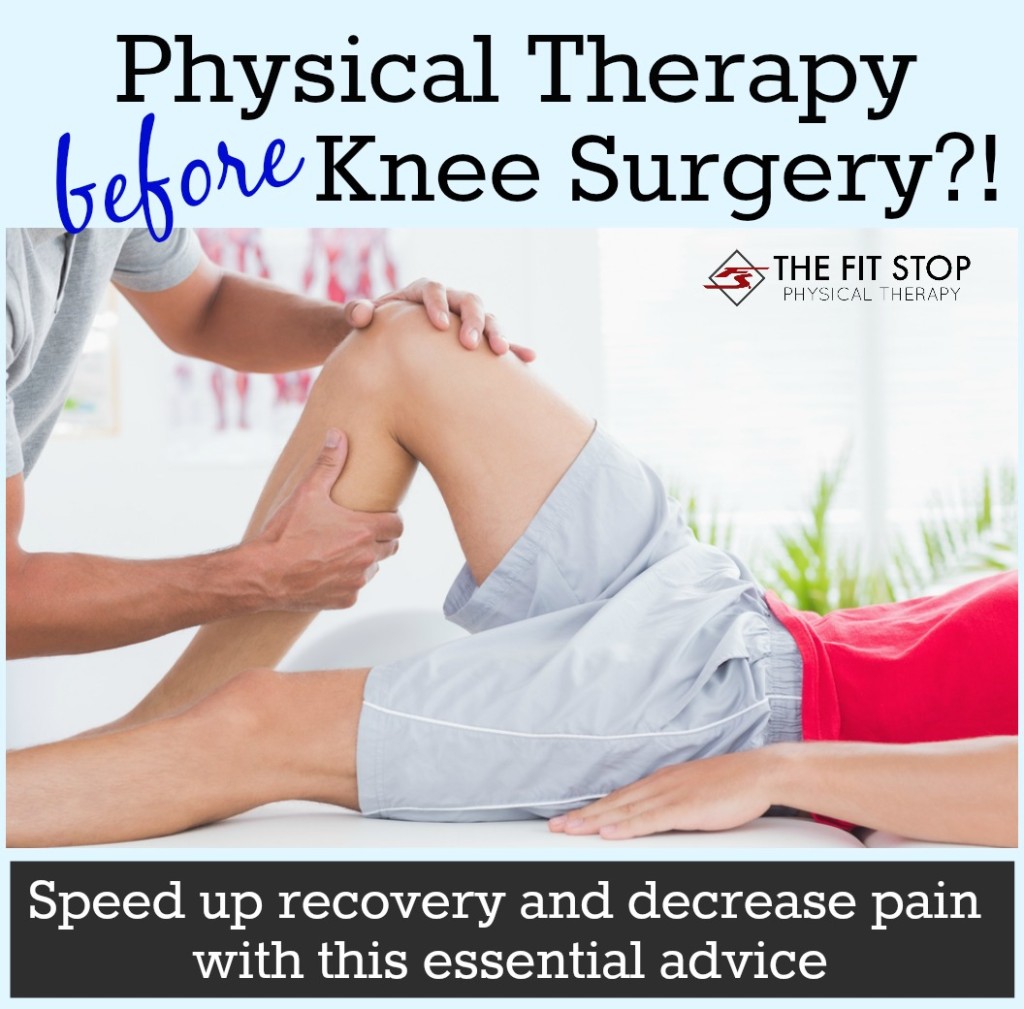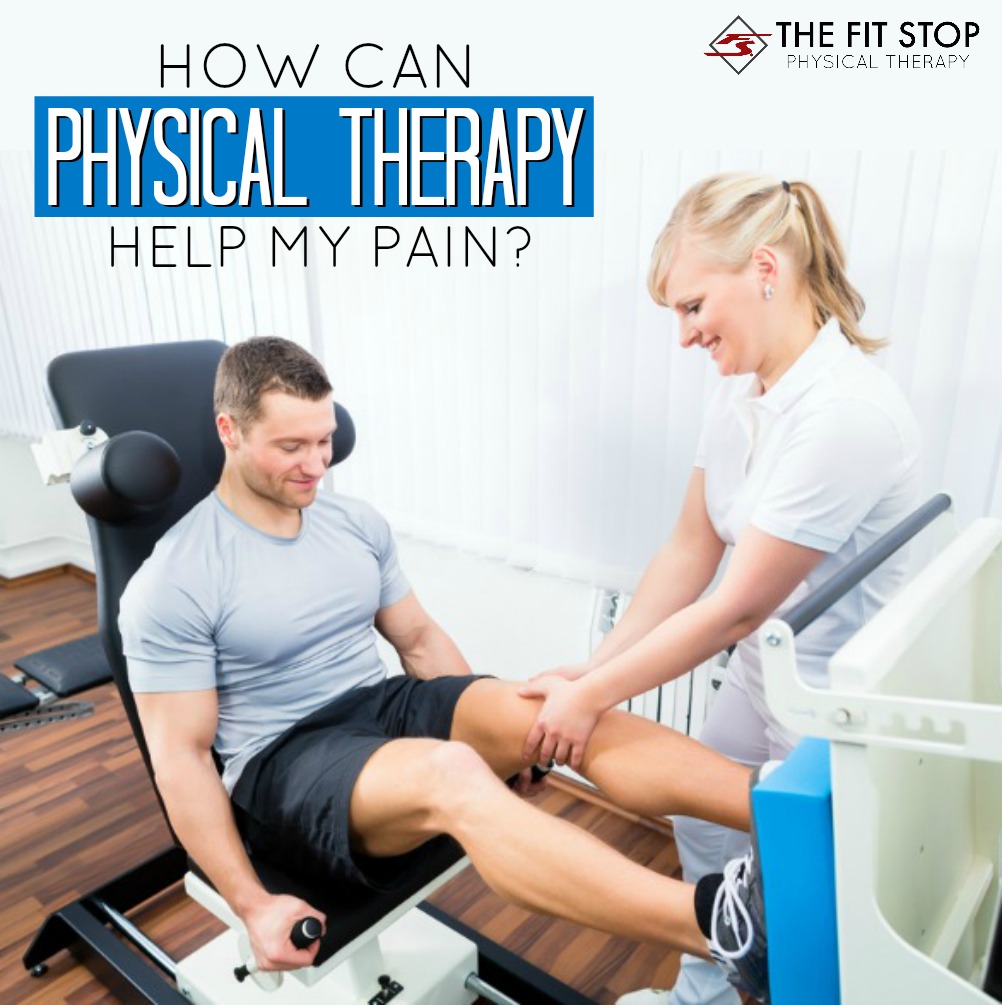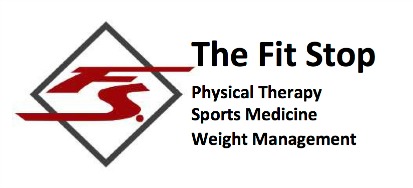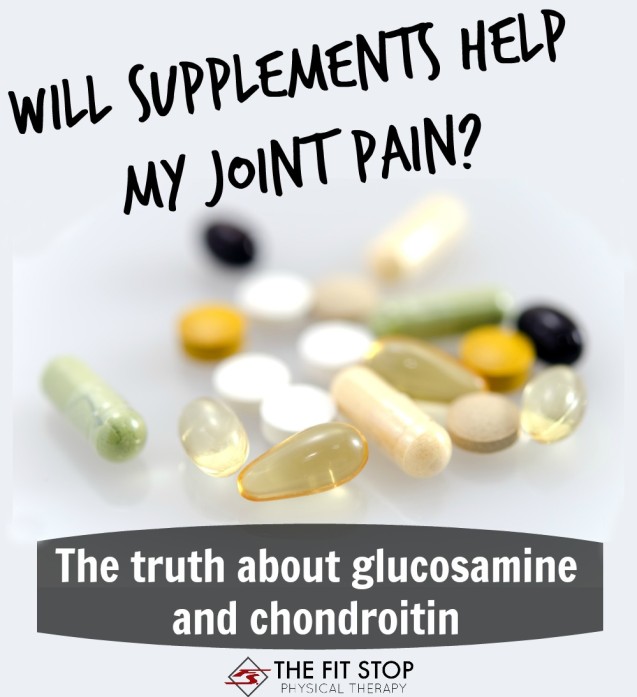Does glucosamine and chondroitin help joint pain?
As physical therapists we deal with joint pain on a daily basis. A common question we get from our patients is “Is their something I can take, a supplement of some sort, that can help my joint pain? I’ve heard glucosamine and chondroitin is helpful. What do you think?” Today on the Fit Stop Blog Toby Bluth, PT, DPT, shares the best answer to hopefully help you clear up some facts about these supplements and joint pain. Keep reading for more!
According to a national health statistical report from February 2015, fish oil and a combination of glucosamine and chondroitin were the most commonly used nonvitamin, nonmineral dietary supplement used in the United States. So based on that fact, that a lot of Americans out there would answer the above question with a resounding, YES!
Glucosamine and chondroitin are both major compounds found in the cartilage of our joints throughout the body. In the common supplements available today, these compounds are harvested from a variety of sources, including shellfish, shark, and bovine cartilage. Some people believe that these substances taken consistently as a supplement, can provide a protective, cushioning effect to the cartilage of joints in the human body, thus slowing the progression of osteoarthritis (OA) and joint pain.
In recent years, there have been many studies performed to prove the effectiveness of glucosamine and chondroitin as joint protecting agents. These trials have resulted in mostly conflicting results. Coordinated by the University of Utah, the GAIT (Glucosamine/chondroitin Arthritis Intervention Trial), was a double-blinded study performed over the period 2006-2010, to determine the effect of the supplement on knee pain and the change on the knee joint cartilage itself. The participants taking the supplement were determined to have a successful result if they reported at least a 20% decrease in pain, and also if they showed less cartilage loss when compared to the control group. Overall, the results showed no significant difference for both pain and joint health compared to the other group. At 6 months, however, there was a small group of patients that the study showed a significant pain decrease when compared to placebo. This subset was very small, so the study urged that further research be done. Over a two year follow-up, these results, even for the subset, were not maintained.
So should you be taking glucosamine and chondroitin to help with your joint pain? The answer is still a difficult one, and a bit clouded based on current research. The bottom line is that in general, there is not strong evidence that supplementation can ease the burden of joint pain. In the past, I have not encouraged any type of supplementation to my patients. However, as I consider the aforementioned GAIT study and others, there seems to be enough proof to justify spending some money on such a supplement in certain scenarios. For my patients in an advanced stage of OA I would recommend trying it out. Based on the evidence, the relief may be short-lived, however it’s my experience that those in an advanced stage of pain and immobility will take what relief they could get (even for a short period of time). There are very few, if any, side-effects related to its use, and it may help reduce the need for pain medications. It could also help postpone surgery, such as total joint replacement surgery. Above all, less pain allows my patients to participate in physical therapy more effectively which allows greater weight loss and greater strength and mobility gains. Those improvements will definitely provide longer-lasting relief from OA.
Do you have more questions about supplements or your joint pain? We would love to hear from you! Click on the link below to contact the Fit Stop Physical Therapy facility closest to you!
Heber City Downtown Farmington
Toby Bluth, PT, DPT
Fit Stop Physical Therapy – Heber City
345 West 600 South Suite 200
Heber City, UT 84032
(435) 654-5607
Looking for more great health and fitness advice?
Check out some of our favorite posts here on the Fit Stop Blog!
